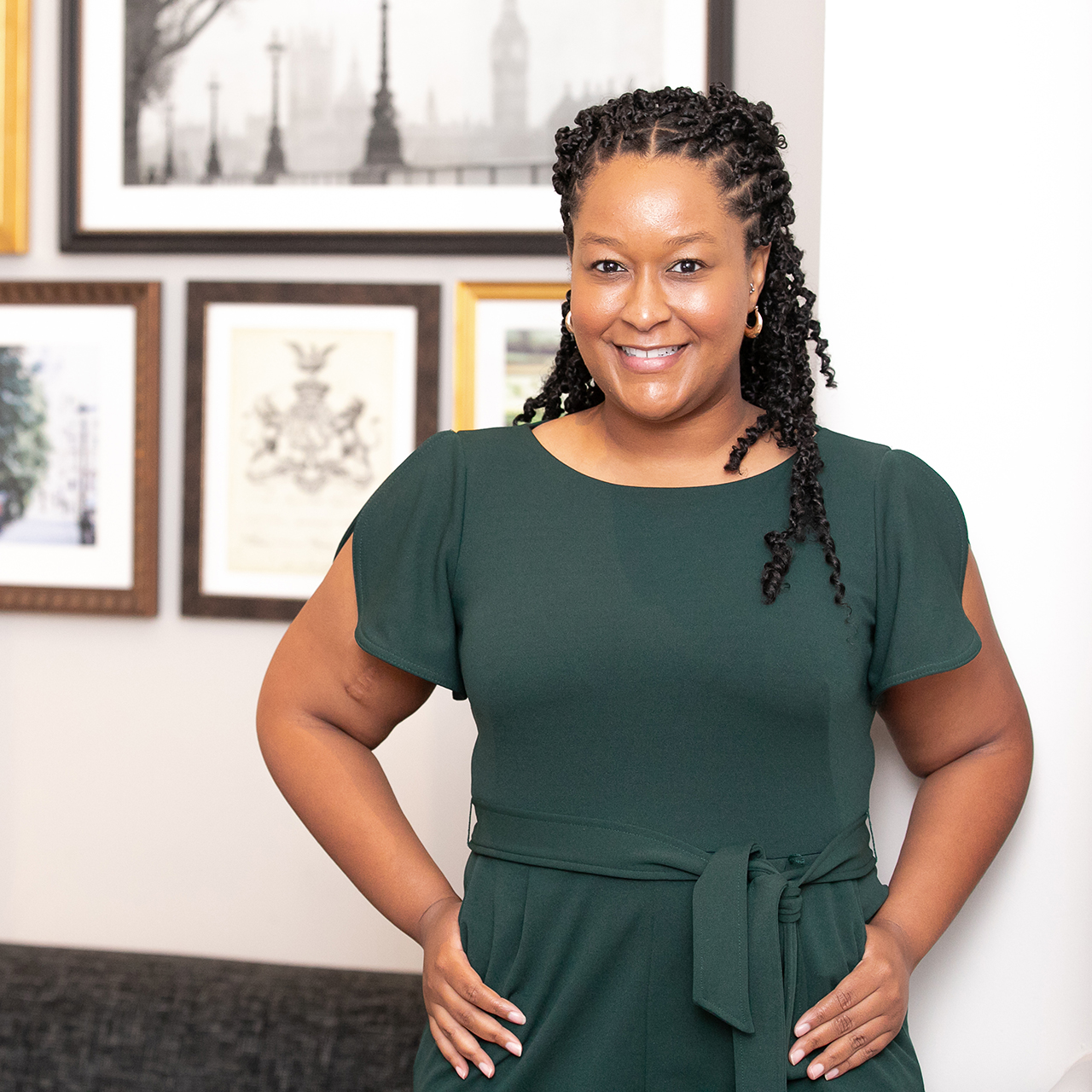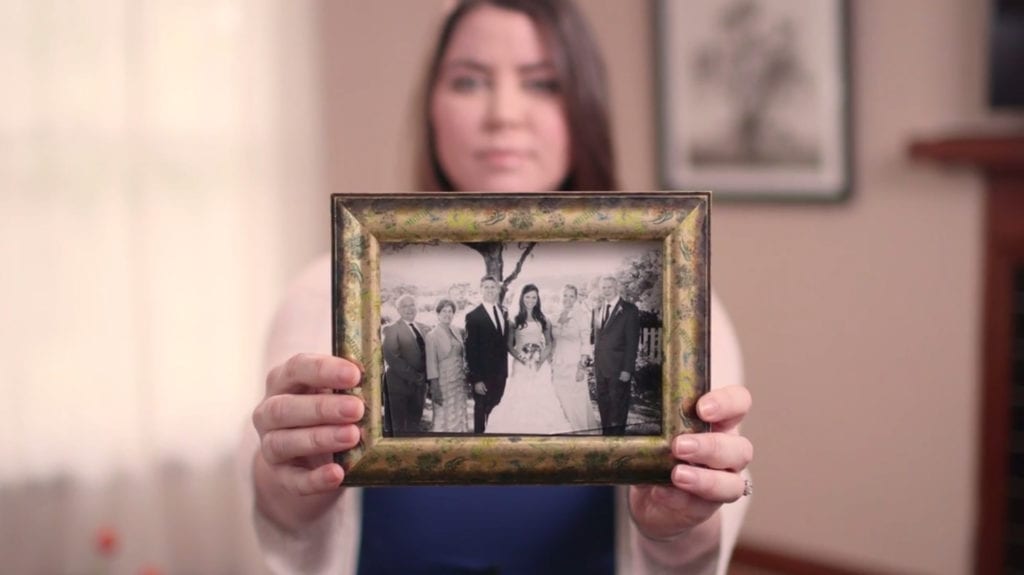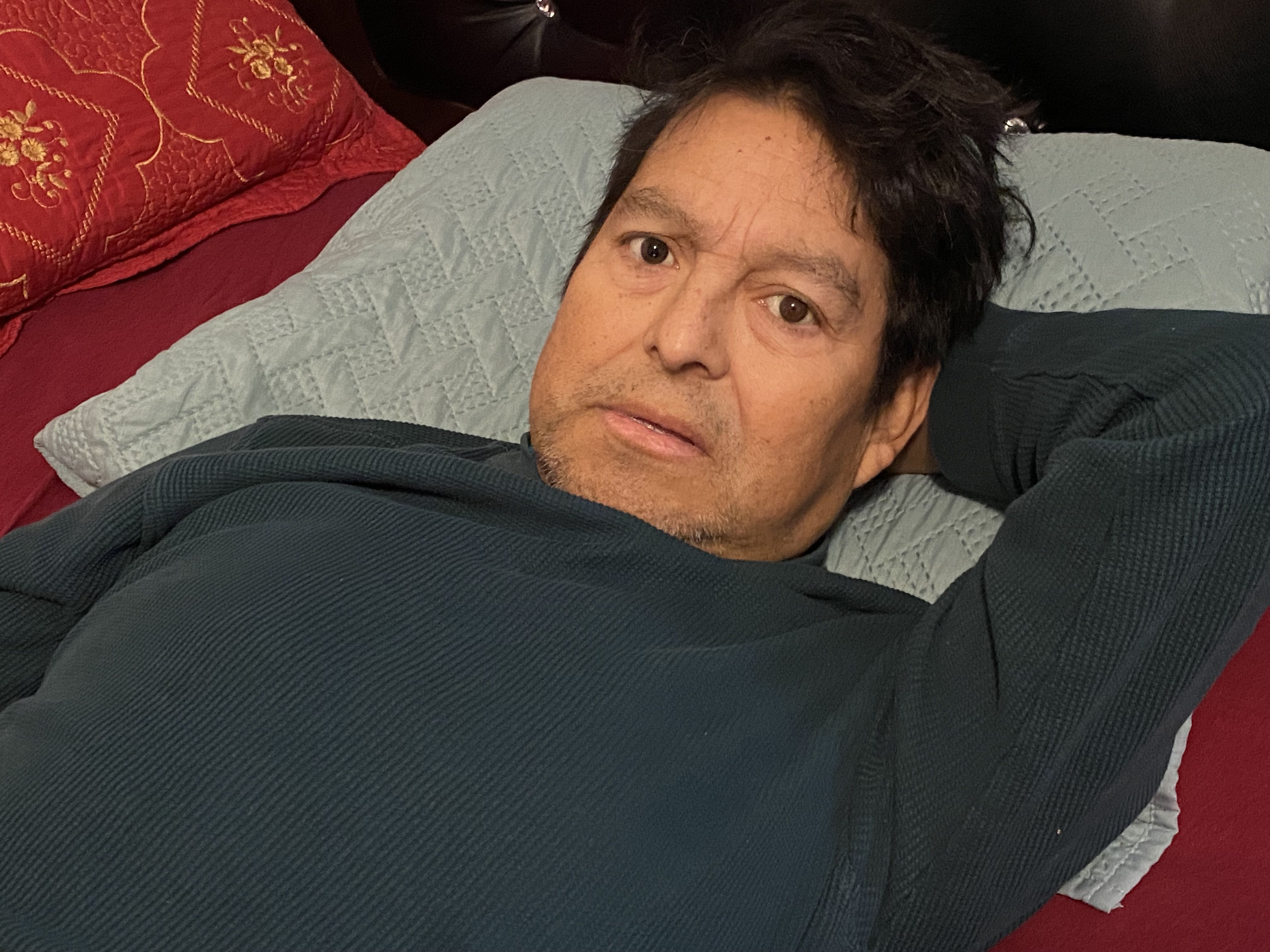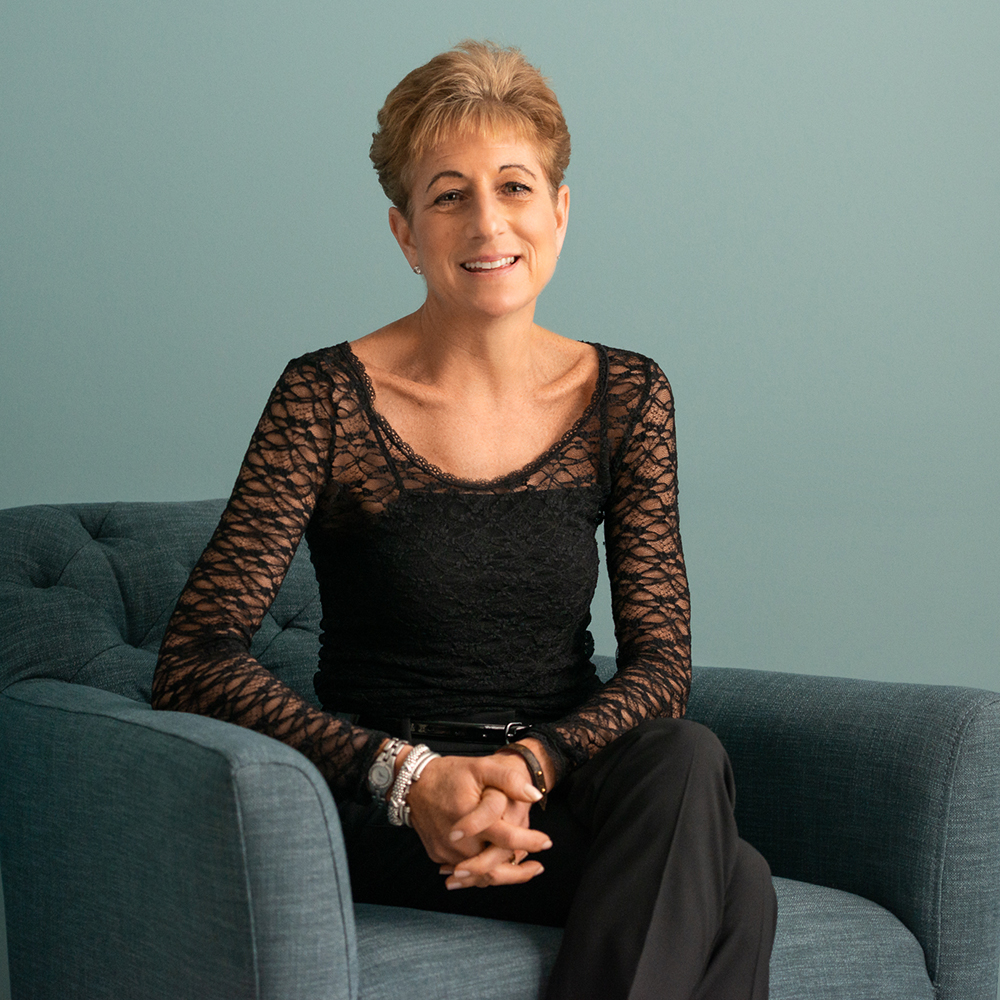Ashley Johnson shared her story in December of 2023.
My journey into the world of end-of-life care, particularly as a death doula, is deeply rooted in my personal experiences and a profound passion for making compassionate and informed care accessible to all.
My interest in end-of-life care was kindled from an early age. While most children read comics, I found solace in reading the Sunday obituaries. There was something magical in reading about a person’s life accomplishments, who they were, who they left behind, a connection to somebody who mattered. It was a unique fascination, a glimpse into a world that many preferred to avoid. This early curiosity planted the seeds for what would become a lifelong commitment to improving end-of-life care.
But the catalyst for my decision to become an end-of-life doula came when my childhood friend was diagnosed with stage IV colon cancer at the tender age of 27. Without realizing it, I found myself performing the role of an end-of-life doula for her, offering care and companionship in her final days. I was working with whole body donation at the time, so I was already comfortable talking about death, dying and loss with families. Together we were able to talk about what she wanted and how she wanted to live the remainder of her life, because she wanted to live and not just exist. I approach my doula work in this manner to this day: to honor what matters most to you so that you can live every last second and not just exist.
What I thought was stepping up as a friend pulled out the side of me that was innately there — being someone who is compassionate and a resource. I give reverence to Dominique, and I credit her for me embarking in this space and continuing to encourage and empower others to make decisions about their own life and death. Her passing was a pivotal moment for me.
After she transitioned, her family started referring me out to others in need of support and information. They had seen the assistance and advocacy I had provided to Dominique in navigating end-of-life decisions and the support that I extended to them. Without knowing at the time, her family led me to this meaningful work.
Becoming an end-of-life doula was a genuine calling. Through my experience with Dominique, my work in whole body donation and, prior to that, forensic anthropology, I had cultivated relationships with medical providers and collected an abundance of information and resources. A lot of avenues were colliding so I was able to help people, and, more importantly, I wanted to empower them.
Over a decade of death-related work later, I drew from the wealth of experience I had in this industry to found Loyal Hands, an end-of-life doula consulting agency. Loyal Hands is dedicated to offering education, services, resources and companionship to individuals, agencies, the elderly and even those in good health. Our mission is grounded in the belief that every person has a unique end-of-life journey to navigate, and they deserve the support and care to do so with dignity and compassion.
As a doula, in addition to working with the individual, I work with their caregivers and members of their medical team to ensure that self-determination is better fostered in clients. I also gather as much information as is needed to encourage them to make informed decisions regarding their end of life.
Simply put, people don’t know what they don’t know. And most of us don’t learn about end-of-life matters until we’re pushed against the wall to make decisions. I refuse to be a gatekeeper; I want to create access to information and resources, especially for marginalized communities. Growing up in a neighborhood that lacked resources and guidance on end-of-life practices, I recognize the importance of advocacy and support during this critical phase of life. It became abundantly clear early in my life that everyone deserves a “good death,” and families deserve the opportunity for proper closure.
I am dedicated to doing what I can to ensure compassionate and informed end-of-life care is accessible to all, regardless of their background or circumstances. I have had the privilege of being part of a working group that created an online course dedicated to caring for veterans through the end of life for PsychArmor, a national nonprofit specializing in military and veteran cultural awareness that seeks to reduce the barriers to provide care for veterans. My father is a veteran, and I know from my personal experience and my partnership with PsychArmor the importance of understanding military traumas and the culture of always needing to be strong and ready for combat. For their caregivers (i.e. the civilian), it’s important to understand that their loved one has gone through training and conditioning to think this way. I always lead with grace and space — you don’t know what people are going through, and their trauma may be robust. Grace and space is needed to give anyone, but especially veterans, permission to express their emotions or to not have it fully together.
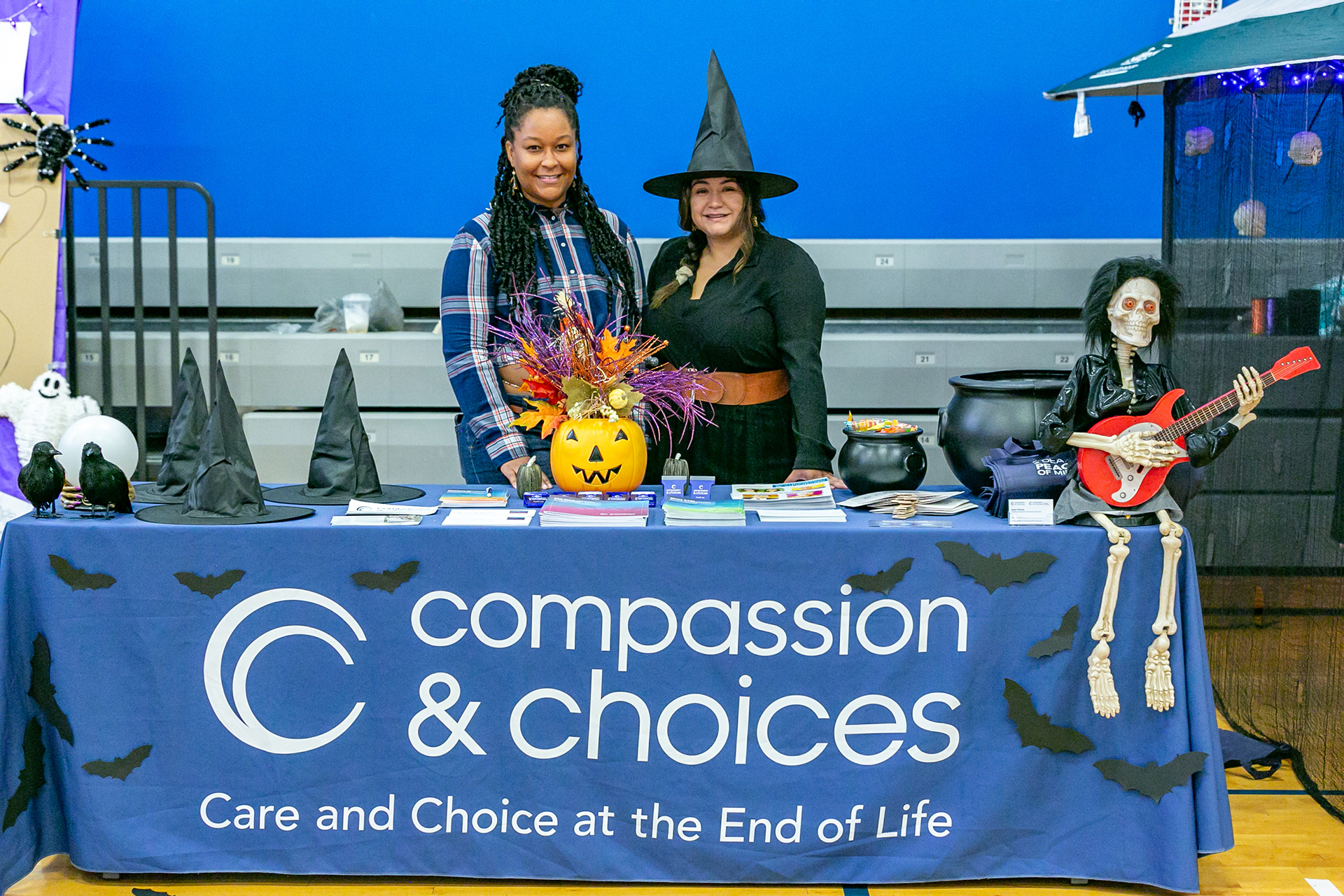
Ashley Johnson at a Halloween Tabling event with Daisy Orihuela in Florida
I also advocate for improved end-of-life care, diversity and inclusivity in the end-of-life space as a member of the Compassion & Choices African American Leadership Council (AALC), a Compassion & Choices local volunteer and a TEDx speaker. Through the AALC, I’ve had a phenomenal experience meeting people who are change-makers and fuel my drive. We share ideas and work through how to bring them to fruition. We strategize on being a voice for our communities and connecting with legislators so that we can create change. And it’s a moment of empowerment to reach out to marginalized communities, especially within African American communities, to let them know about their options and the free resources Compassion & Choices has available.
Death is going to happen to everyone. I want people to feel resourced and empowered to make decisions instead of being frozen in fear. I want people to realize they have plentiful choices and support; it doesn’t have to be just one way. It is your life and your death. And one of the easiest ways for people to start this journey is with their advance directive. You can be able-bodied and well and still have your advance care directive in order and have these conversations with your loved ones. You do not need to wait until decisions are urgent. Having an advance directive in your words and handwriting matters — knowing very clearly what you want is a gift to your loved ones.


